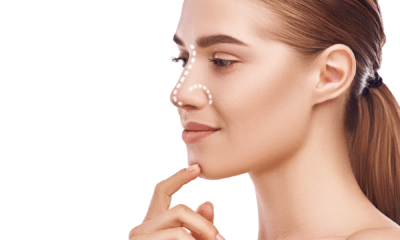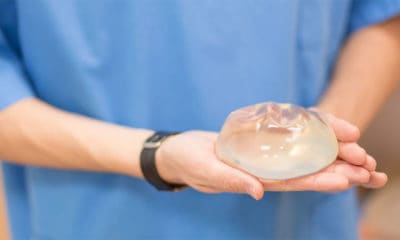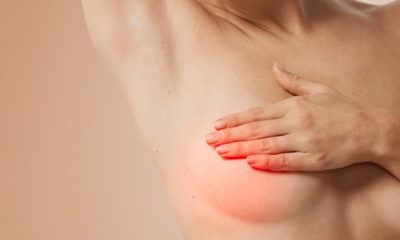Breast implant-related illness darts in and out of plastic surgery offices with very few, if any, scientific determinations as to the cause. The reality TV show The Housewives of Beverly Hills made the purported condition a news items when Yolanda Foster underwent surgery to remove her breast implants. The implants, she suspected, were worsening the symptoms of her Lyme disease and were making her sick.
Internet discussion boards are filled with similar stories from women attributing illness to breast implants. While implants have been closely studied in an attempt to discover a clear link, there has been no scientific evidence found indicating that implants contribute to autoimmune diseases. In fact, most women with breast implants never experience breast implant-related illness of any kind. For some, however, feeling like something is wrong is a long-term issue.
Board certified plastic surgeon Dr. Robert Whitfield has experienced his own share of patients potentially struggling from a breast implant-related illness. Several have approached him over the years with complaints of discomfort in their breasts, general fatigue, fibromyalgia and other symptoms that are commonly associated with autoimmune disorders.
“There is a subset of patients with breast implants who feel like their implants are making them sick,” explains Dr. Whitfield. “And because of their physical exam, which is essentially normal, most of their complaints have been kind of brushed aside.”
One of Whitfield’s patients in particular placed a spotlight on the issue of breast implant-related illness. The patient was experiencing extreme fatigue after undergoing reconstructive surgery following breast cancer. She attributed the symptoms to her implants, and asked Whitfield to remove the implants along with the capsules that had formed around them. This is a procedure known as an en bloc capsulectomy, where the implants and surrounding tissue are completely removed. Once the implants were removed from her body, the patient reported that her energy levels returned to normal.
A Potential Link Involving Capsules?
When an implant of any kind is placed in the body, the body’s response is to form scar tissue around it, referred to as a capsule. In most women, the scar tissue formation around their breast implants remains soft and thin, undetectable by physical examination. In a small percentage of cases, the body reacts abnormally, creating thick scar tissue around the implant. The thickening scar tissue constricts the implant, resulting in breasts that feel firm and may even lead to pain and discomfort. When this happens, it is referred to as capsular contracture, one of the more common breast augmentation complications.
In Whitfield’s experience, patients experiencing implanted related illness may have also experienced capsular contracture prior to developing other symptoms. “Consistently, they’ve usually had a problem on one side or the other, or both, and it started soon after their implants were placed,” he shares.
“In this small subset of patients who feel like their breast implants are making them sick, I’ve offered them en bloc capsulectomy,” Whitfield continues. “We remove the entire capsule and remove the implants. We culture the implant pocket and treat them with antibiotics if the cultures are proven to be positive. For the most part, we’ve had a significant improvement in their overall state of well being after implant removal.”
The Role of Bacteria in Breast Implant-Related Illness
If bacteria is present inside the breast, it could possibly be contributing to underlying inflammation within the body In fact, while the exact cause of capsular contracture is unknown, the presence of bacteria on an implant is associated with the development of capsular contracture.
If enough bacteria is present, conditions such as cellulitis can be diagnosed and treated. “But,” says Whitfield, “a low level of bacteria can lead to inflammation chronically in the pocket, giving them pain, irritation and making them feel unwell.”
Reducing the Risk of Bacteria-Related Illness
A surgeon can not predict how every person’s body will react to breast implants. They can, however, take steps to reduce the risk of bacteria being introduced to the breast implant at the time of surgery. In 2013 an article was published in the Journal of the American Society of Plastic Surgeons discussing the role of bacteria in device-related infections. The article outlined fourteen steps that surgeons can take in the operating room to limit the risk of infection.
“If we as plastic surgeons set up our 14 point plan, are safer when we place implants, are very diligent about technique and how we approach the tissue planning, if we pay attention to the characteristics of the patients – a lot of this can be avoided. But,” concludes Dr. Whitfield, “this is a very real problem.”



















Facebook
Twitter
Instagram
YouTube
RSS